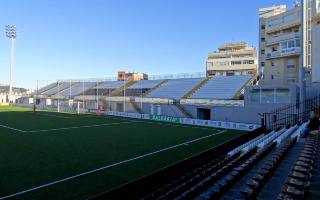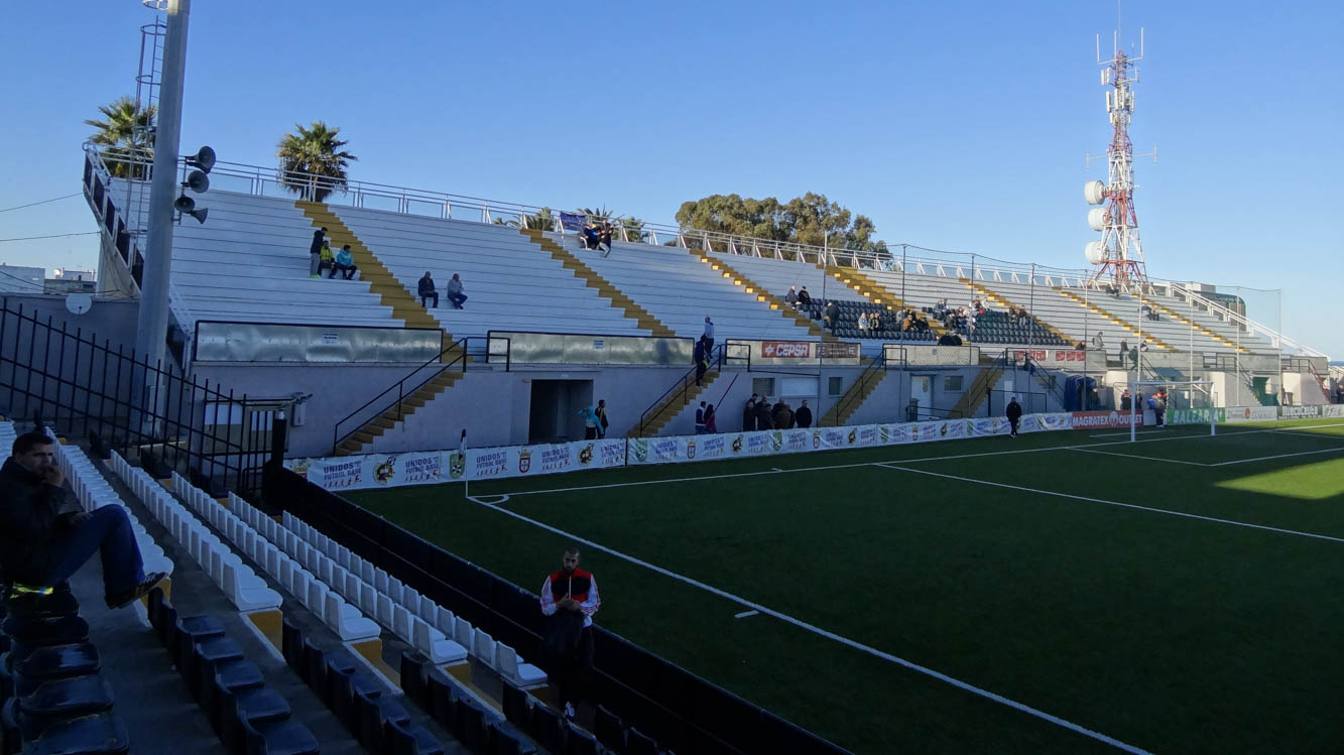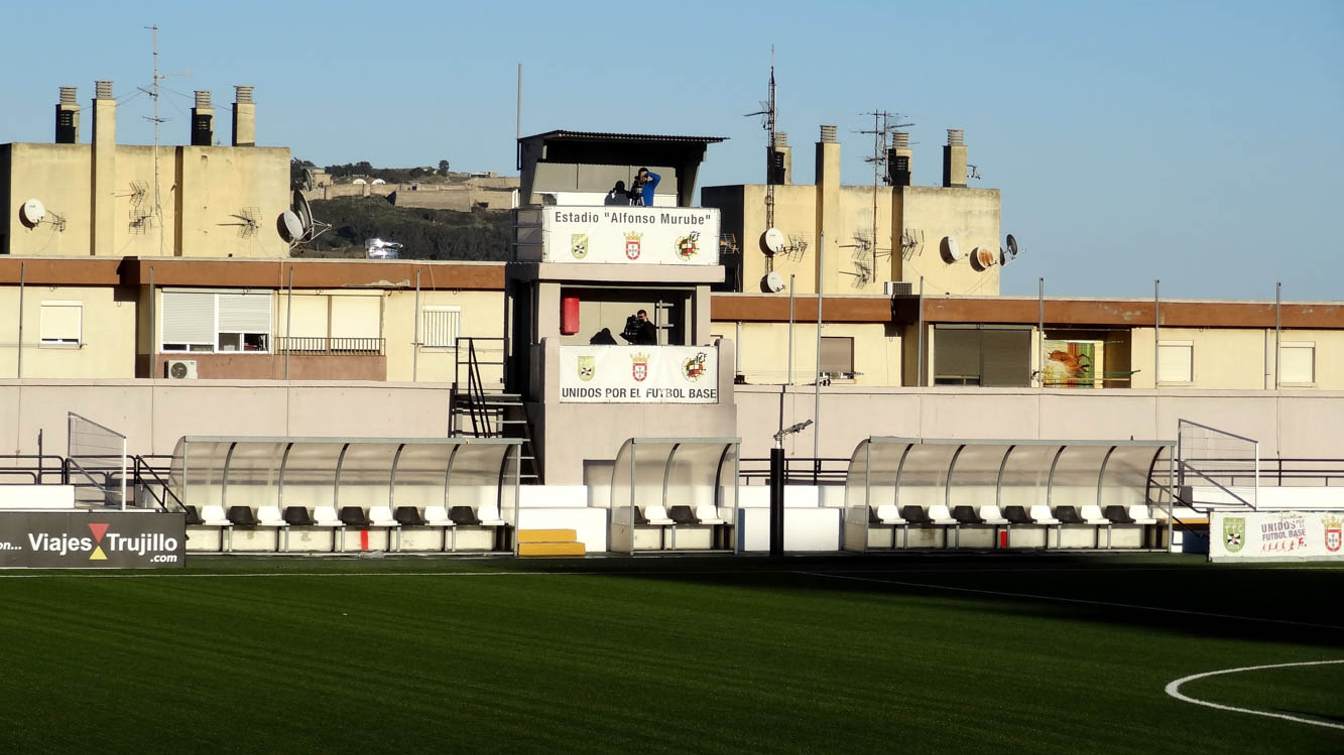Spain: Ban on Palestinian flags at Alfonso Murube in Ceuta
source: StadiumDB.com; author: Jakub Ducki
 The banning of Palestinian flags in Ceuta has sparked outrage. The decision was met with criticism, highlighting the unequal treatment compared to situations where expressions of support for international causes, such as the war in Ukraine, did not face similar restrictions.
The banning of Palestinian flags in Ceuta has sparked outrage. The decision was met with criticism, highlighting the unequal treatment compared to situations where expressions of support for international causes, such as the war in Ukraine, did not face similar restrictions.
Advertisement
Sport as space for expressing solidarity
Ceuta fans were taken by surprise by the decision to ban Palestinian flags at Estadio Alfonso Murube. For many supporters of the team and supporters of the Palestinian cause, this decision appears as a gross injustice. This ban contrasts with the permission to fly flags supporting Ukraine at other sporting events, both local and national
- activists from Unity Against Injustice state. It appears that the rules are being selectively applied, causing understandable controversy.
Football, like other sports, has for decades acted as a platform to express support and solidarity with various social and political groups. Fans around the world have repeatedly used stadiums to show their support for nations, social movements or political initiatives. This is why the decision to ban Palestinian flags from Alfonso Murube Stadium has been met with a wave of criticism.
It is worth noting that Spain's current Law 19/2007 and FIFA's regulations prohibit the display of politically motivated, offensive or discriminatory material in stadiums. However, these rules should be applied consistently and fairly, allowing the expression of support for different social causes on an equal basis. Cases where one social cause gains acquiescence while others are censored undermine confidence in the legitimacy of these rules and raise questions about their fairness.
Muslim influence in Ceuta
Ceuta is a Spanish enclave located on the north coast of Africa, right on the border with Morocco, which makes Ceuta's society a unique mix of cultures and traditions. The city is inhabited by both Spaniards and a Moroccan minority. Most of the inhabitants are Catholics, but a significant group are Muslims, who make up around 40% of the population. In addition, other ethnic minorities such as Jews and Indians are also present in Ceuta. This diversity affects daily life, from cuisine to architecture to the customs and festivals celebrated in the city.
Spanish is the official language in Ceuta, but due to its geographical proximity to Morocco and its large Muslim population, Arabic and the Moroccan dialect of Dariza are also widely spoken in the city. The Muslim influence is evident not only in the language, but also in the architecture, where mosques, minarets and other elements of Islamic heritage can be found alongside typically Spanish buildings.
Advertisement
 StadiumDB
StadiumDB
